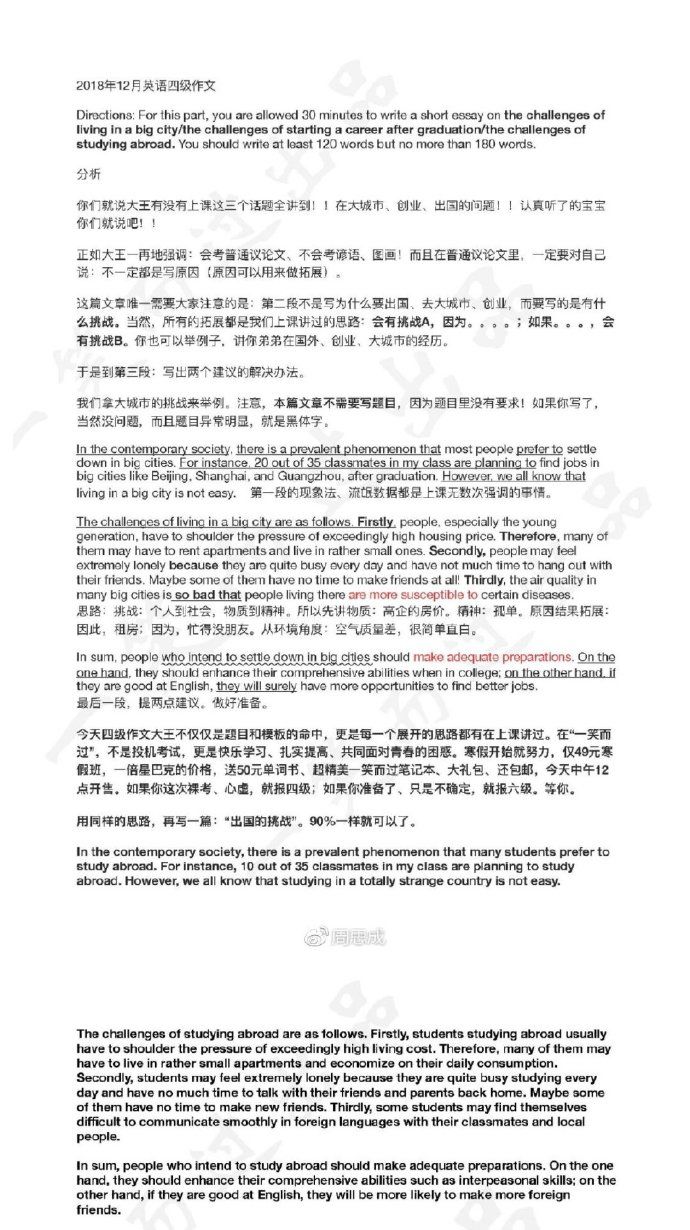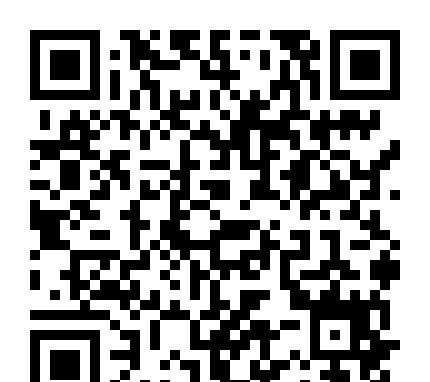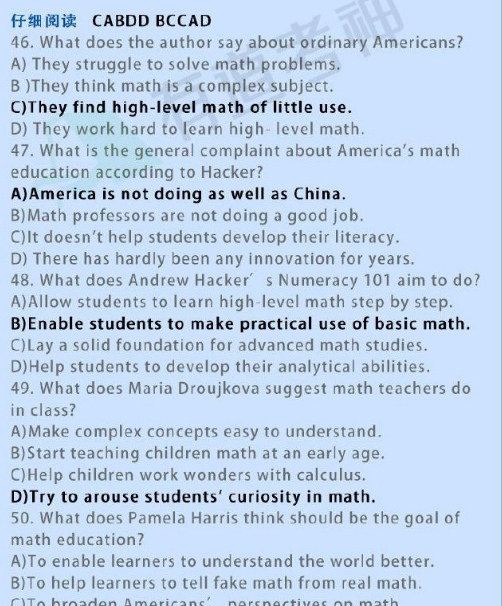高考英语阅读训练(048)
|
It was not yet eleven o'clock when a boat crossed the river with a single passenger who had obtained his transportations at that unusual hour by promising an extra fare. While the youth stood on the landing-place searching in his pockets for money, the ferryman lifted a lantern, by the aid of which, together with the newly risen moon, he took a very accurate survey (打量) of the stranger's figure. He was a young man of barely eighteen years, evidently country bred, and now, as it seemed, on his first visit to town. He was wearing a rough gray coat, which was in good shape, but which had seen many winters before this one. The garments under his coat were well constructed of leather, and fitted tightly to a pair of muscular (肌肉发达的) legs; his stockings of blue yarn (线) must have been the work of a mother or sister, and on his head was a three-cornered hat, which in its better days had perhaps sheltered the grayer head of the lad's father. In his left hand was a walking stick, and his equipment was completed by a leather bag not so abundantly stocked as to inconvenience the strong shoulders on which it hung. Brown, curly hair, well-shaped features, bright, cheerful eyes were nature's gifts, and worth all that art could have done for his adornment (装饰). The youth, whose name was Robin, paid the boatman, and then walked forward into the town with a light step, as if he had not already traveled more than thirty miles that day. As he walked, he surveyed his surroundings as eagerly as if he were entering London or Madrid, instead of the little metropolis (首府) of a New England colony (殖民地). 1. What time of year was it in this story? A. spring B. summer C. fall D. winter 2. At what time of day did Robin cross the river? A. morning B. midday C. late afternoon D. night 3. The boatman was willing to take Robin across the river because ___. A. he wanted to make extra money B. he saw that Robin was young and rich C. he was going to row across the river anyway D. he felt sorry for him because Robin looked poor KEY: 1. D 2. D 3. A |








